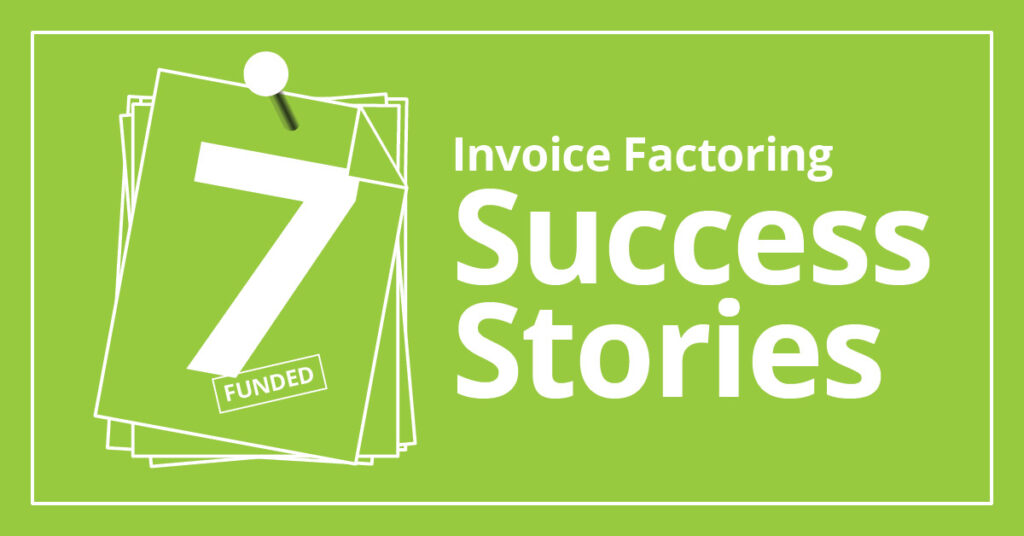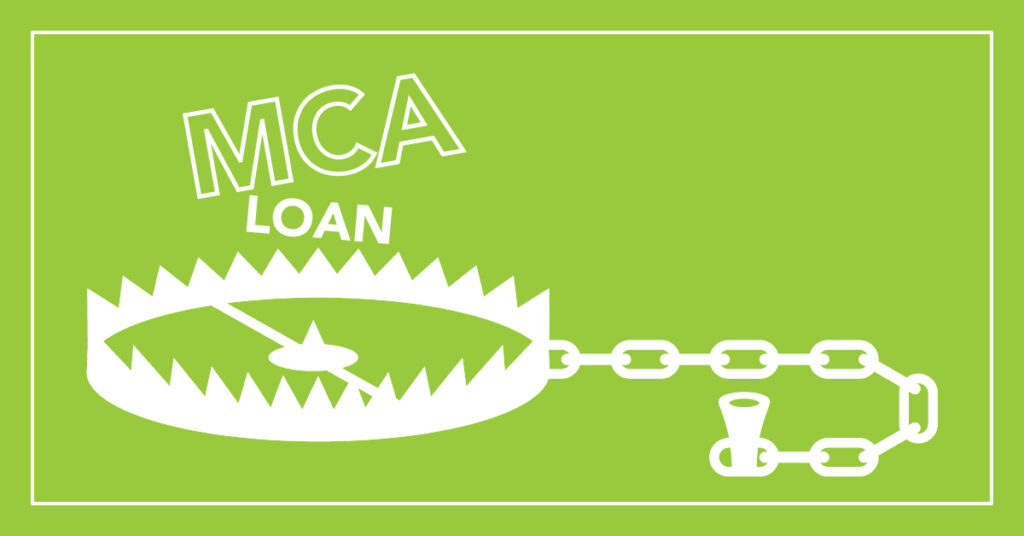FACTORING RESOURCES
3 Common Myths About Factoring.
Feb 12, 2024

Many businesses often overlook factoring as a financing option due to various misconceptions. In this article, we debunk three common myths surrounding factoring, shedding light on the flexibility and suitability of this financial tool for a range of businesses.
Myth #1: Factoring is all or nothing.
Reality: Factoring is a very flexible form of financing.
Contrary to the belief that factoring requires an all-or-nothing commitment, businesses can strategically use factoring to complement existing credit lines. For instance, companies have the flexibility to subordinate specific accounts receivable (A/R) on existing credit lines, tailoring the financing approach to their unique needs.
Additionally, businesses can selectively choose which invoices to factor, allowing for a nuanced and customizable financial strategy. Some businesses opt to factor only those invoices with longer payment terms, ensuring effective cash flow management.
Myth #2: Factoring is not for start-ups.
Reality: Factoring is an ideal start-up financing option for companies with creditworthy customers.
Start-ups, often facing challenges in securing traditional financing, can leverage factoring as a viable solution. Particularly advantageous for start-ups with creditworthy customers, factoring provides immediate cash flow support during the critical early stages.
Importantly, it allows these businesses to preserve equity, a valuable proposition for businesses as they get started.
Myth #3: Companies who don’t qualify for a bank line of credit won’t be able to factor.
Reality: Factoring companies look for different qualifications than the bank.
While traditional banks assess a business’s financial strength, revenue, business history, and often require collateral, factoring companies like Catalyst Financial focus on the financial strength and commercial credit of a business’s customers.
Documentation required for factoring includes copies of invoices and transaction details. This alternative approach ensures that even businesses deemed unfit for a traditional line of credit can access the working capital necessary to support their operations.










